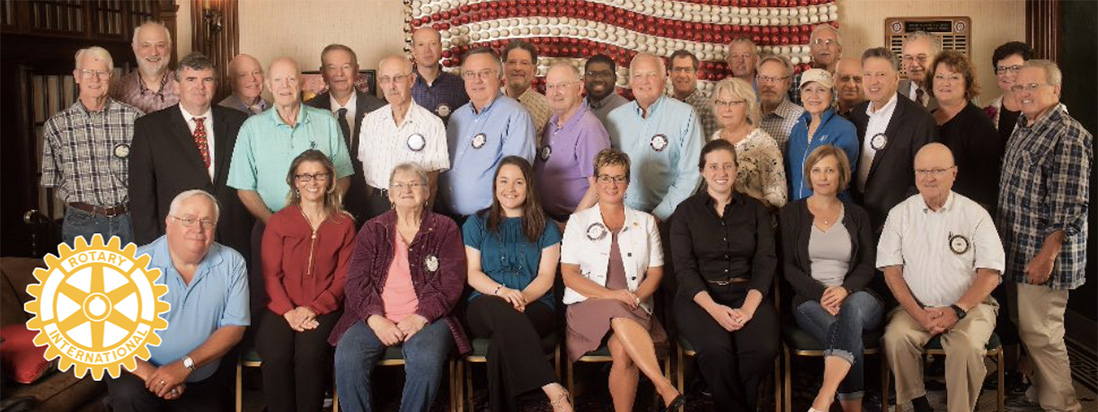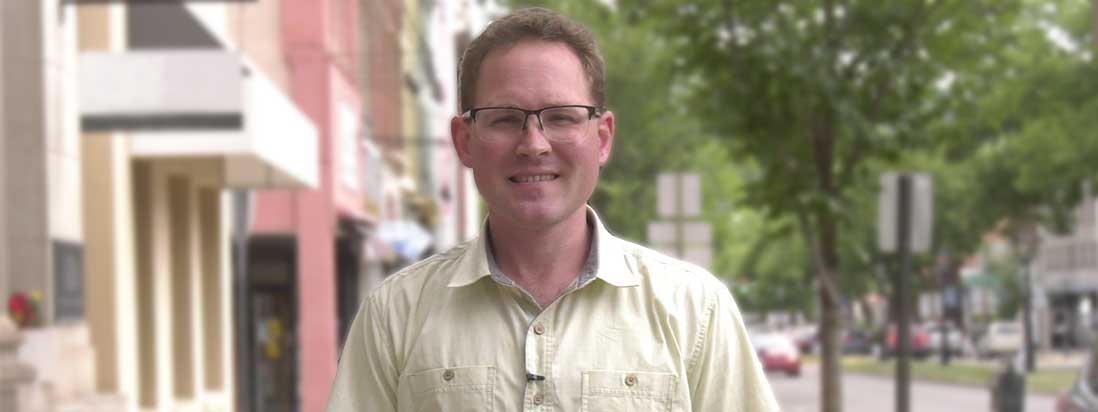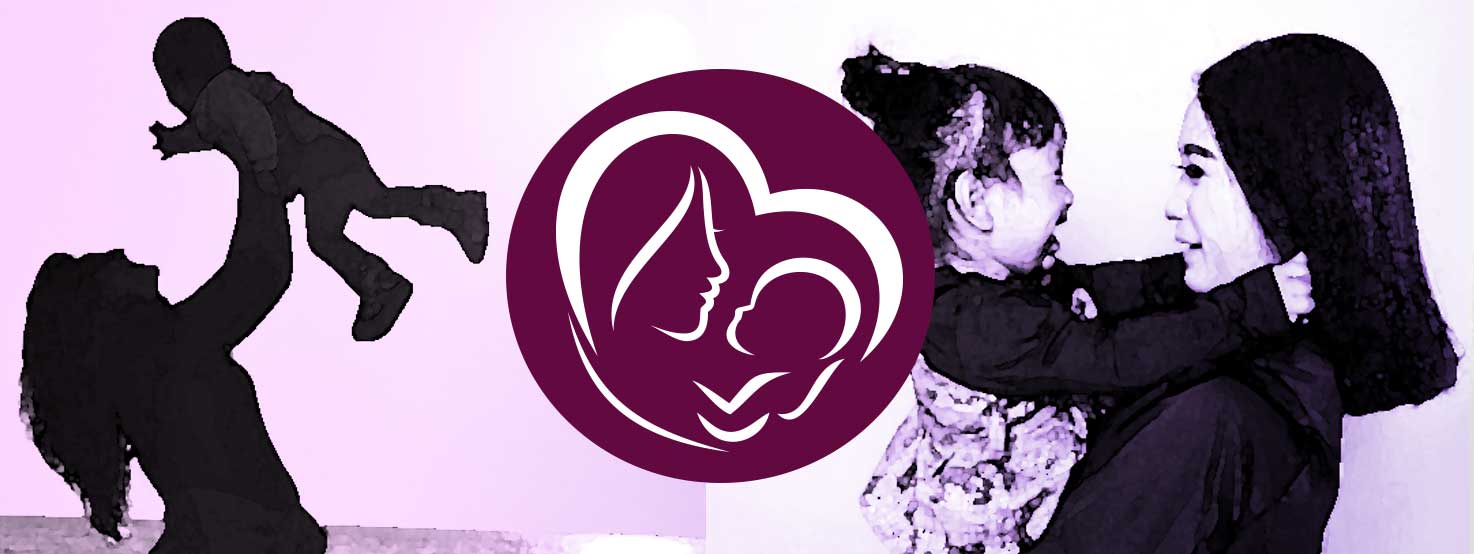Channels

Rotary

Rotary Conference

Laurel Health Centers

Penn Oak Realty

Movin Together

Bank On It

Dunhams Corner

By The Door

Questioning Life

Karschners Insurance

Ag Happenings

Back to Basics

Hornet Happenings

Live From The Hive

Momday Monday

Pennsylvania Politics

The Briefing

Weekly Highlights

Wellsboro Chamber

How To Avoid Caregiver Burnout
Caring for a loved one that needs extra support can be mentally, physically, and emotionally exhausting. The stress of having to manage someone else’s life or the excessive compassion you may feel for your loved can turn into caregiver burnout. The truth is, you cannot – and should not – do it alone.
According to AARP, there are more than 53 million unpaid caregivers in the U.S. That means, one in five Americans provide care for a loved one. We are seeing the rise of the sandwich generation in which those in their 40s and 50s are now not only supporting their own children but providing care for their aging parents. Being a caregiver is stressful enough and with the additional pressure from the current pandemic and socioeconomical climate it is extremely important that you take time to focus on your own health and wellness in order to avoid burnout and other health issues.
Symptoms of Caregiver Burnout
Caregiving may be a full-time job, or you could be juggling your own career and family with caring for someone you love. When you spread yourself too thin, either emotionally, physically, or financially, you could experience caregiver burnout.
Symptoms of burnout are like those of depression, and include:
- Changes in appetite and/or weight
- Changes in sleep patterns
- Changes in how you care for yourself or loved one
- Ignoring your own well-being
- Irritability
- Emotional and physical exhaustion
- Feeling blue, hopeless, and/or helpless
- Feelings of wanting to hurt yourself or the person you care for
- Loss of interest in activities
- Use of alcohol and/or sleep medications for coping
- Withdrawal from friends and family
- Feelings of guilt when spending time on yourself
Recognizing these symptoms is not a sign of weakness. If you are having feelings that you cannot explain, start the conversation today. You may need to talk to more than one person to get the help and support you need, so don’t give up. It takes time to feel better.
Tips for Self-Care
The person you are caring for needs you to be at your best. If you do not take care of yourself, you will not have the energy or mindset to be able to give your loved one the care they need.
Caring for yourself is the first step in being a good caregiver. Self-care tips include:
- Stay informed about current affairs like the pandemic and economy, but don’t overdo it. Don’t rely on social media for your information and unplug if you find yourself obsessed with news.
- Find time for yourself and do not feel guilty for taking care of your own needs. You cannot be on duty 24/7.
- Eat nutritious food, exercise daily, and get adequate sleep every night.
- Find someone to share your experiences with who is in a similar situation — a friend, a neighbor, or a support group.
- Accept help from others. Most people will be happy to help if you tell them what you need. Offer ideas such as food preparation, errands, or visiting with your loved one for an hour or two.
- Prioritize what needs to be done and separate what would be nice to have done. Focus your energy on what matters most.
- Seek professional help when you need it. If you are experiencing feelings of depression or anxiety, talk to a health professional. Mental health issues are common and treatable.
- Know that the negative emotions you might be feeling are normal. You are not alone in this!
- Investigate available resources in your region. Do your homework and find out if you qualify for financial assistance. Connect with your local Department of Aging to learn more about what is available in your county.
- Take a break. There are respite care services available in the area that can help you take a needed break. A short respite can help increase your energy and provide the balance you need in life.
Caring for a loved one can be deeply rewarding, but it can also drain your physical and emotional energy. There is such a thing as giving too much to others. By relieving or managing the stress of providing care for a loved one, you can better focus on your own needs and the needs of other family members. Support is only a phone call away.
Jacquelyn Baker is behavioral health therapist with UPMC Behavioral Health located at 1100 Grampian Blvd., Williamsport. For more information on services available in the Susquehanna region as well as additional resources, visit UPMCSusquehanna.org.
Credits:
Writing: Jacquelyn Baker, LCSW / Behavioral Health / UPMC
Produced by Vogt Media
Home Page Sponsors: UPMC






































